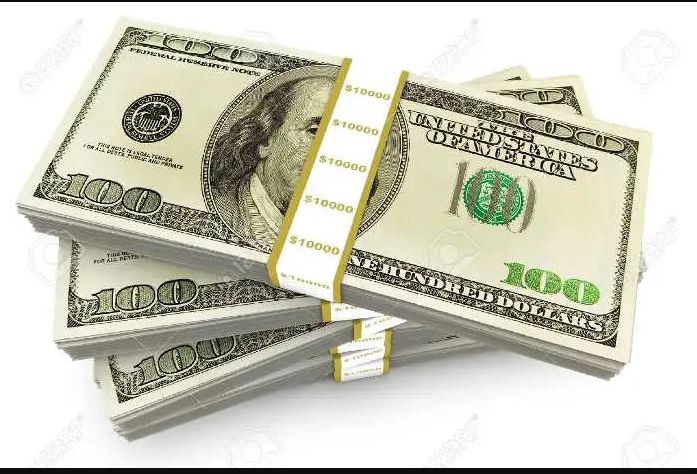Foreign investment in Nigeria in steady decline since Q1 2019
By Jeph Ajobaju, Chief Copy Editor
Foreign investment in Nigeria dropped 81.50 per cent from $8.49 billion in the first quarter ended March 2019 (Q1 2019) to $1.57 billion in Q1 2022, a difference of $6.92 billion.
The latest report of the National Bureau of Statistics (NBS) on “Nigerian Capital Importation” shows a steady decline in capital inflows in the first quarters of 2019, 2020, 2021, and 2022.
Total inflow declined 31.01 per cent from $8.49 billion in Q1 2019 to $5.85 billion in Q1 2020.
It fell 67.45 per cent to $1.91 billion in Q1 2021 and declined further by 17.46 per cent to $1.57 billion in Q1 2022.
The report segmented foreign investment into three main categories – Foreign Direct Investment (FDI), Portfolio Investment (PI), and other investments (OI). It explained that the largest capital importation in Q1 2019 was through portfolio investment.
________________________________________________________________
Related articles:
Foreign investors pump $15.7b into Nigerian banks
Diaspora remittance rebounds to $9.22b
New investments slash nearly 70%
______________________________________________________________
Banking sector dominant
The banking sector dominated inflows in Q1 2019 and the United Kingdom accounted for most of them, according to the report, per reporting by Vanguard.
Portfolio investment also had the highest inflows in Q1 2020 and banking and the UK retained their respective leadership positions.
“In Q1 2021 and Q1 2022, portfolio investment was responsible for most of the capital inflows into the nation, while banking raked in the highest and the UK provided the most investment,” the NBS said.
Foreign capital inflow rises 62%, outflow 163%
Foreign capital inflow rose 60 per cent year-on-year (YoY) to $610 million in January 2022 against $380 million in January 2021 but capital outflow ratcheted up 163 per cent from $110 million in January 2021 to $290 million in January 2022.
Data released by the Central Bank of Nigeria (CBN) in its Economic Report for January 2022, which contains the figures, also shows that portfolio investment (mainly money market instruments) rose 390 per cent from $10 million in January 2021 to $400 million in January 2022.
Other investments (mainly loans) slashed 43 per cent YoY from $290 million in January 2021 to $170 million in January 2022.
FDI fell 33 per cent from $60 million to $40 million.
Capital inflow month-on-month (MoM) was down 45 per cent in January 2022 versus $1.11 billion in December 2021.
Net forex inflow drops to $950m
The CBN attributed the decline in capital inflow to tighter global financial conditions, driven by anticipated hikes in fund rates in the United States.
The same report shows that net foreign exchange (forex) inflow dropped 62 per cent to $950 million in January 2022 from $2.5 billion in January 2021.
The CBN said it sold $720 million forex through the Investors and Exporters (I&E) and Small and Medium Enterprises (SMEs) windows and that forex inflow dipped 20.3 per cent to $4.36 billion in January 2022 from $5.47 billion in January 2021.
Forex outflow rose 14.8 per cent from $2.97 billion in January 2021 to $3.41 billion in January 2022.
Forex inflow through the CBN jumped 5.2 per cent from $1.73 billion in January 2021 to $1.82 billion in January 2022.
Forex outflow through the CBN reduced 8.1 per cent from $2.83 billion in January 2021 to $2.6 billion in January 2022.




